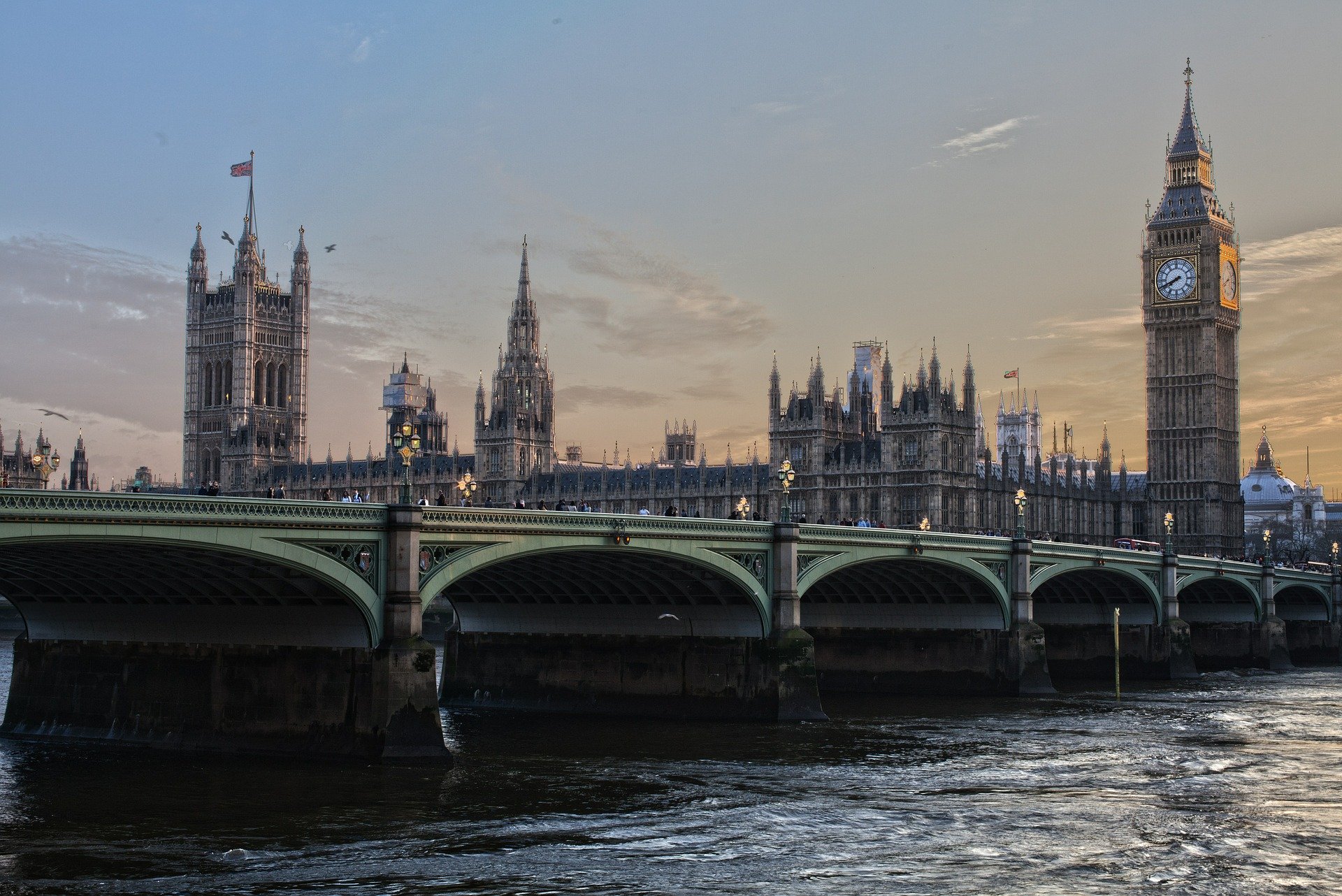Boris Johnson’s explanation doesn’t chime with polls or the opinion of experts, who say people in UK prefer to follow rules.
The message prompted some obvious questions: just how fervent is Britain about freedom, and how has that affected the country’s response to the coronavirus?

When Boris Johnson sought to explain during his address to the nation on Tuesday why some people had failed to follow the coronavirus rules, he had a surprising explanation: they’re just too British.
“We have kept that virus at bay. But we have to acknowledge this is a great and freedom-loving country, and while the vast majority have complied with the rules there have been too many breaches – too many opportunities for our invisible enemy to slip through undetected.”
The message prompted some obvious questions: just how fervent is Britain about freedom, and how has that affected the country’s response to the coronavirus?
Sunder Katwala, director of the thinktank British Future, is sceptical that breaches of the rules are the result of a innate libertarian streak.
“British people are actually quite authoritarian,” he says. “There is a difference from what the political elite, left and right, say about something like, we would never ban the burka, and what the public say – which is that they would.”
In the current crisis, the same rules persist, says Opinium’s head of political polling, Adam Drummond. As a rule of thumb since coronavirus hit, “the British public will always choose the more ‘safety-first’ option,” he says. “Objections to lockdown measures are a minority pursuit.”
He points to polls finding the public backing the ‘rule of six’ by 66% to 15%, compulsory face masks by 74% to 11%, and quarantine for returning holidaymakers by 64% to 13%.
Deborah Mattinson, cofounder of BritainThinks and author of a new book, Beyond the Red Wall, looking at the voters Labour lost to the Conservatives in 2019, notes a 2018 survey which found that when asked to select the three ideas that most embodied British values, respondents chose ‘being proud to be British’, ‘respect for the rule of law’, and ‘being polite’. ‘Valuing individual freedoms’ came 7th, fractionally below ‘having a Sunday roast’.
“I thought what [Johnson] said was quite muddled,” says Mattinson. “Freedom is not the thing that people are most motivated by, especially right now – and in those red wall seats, the people he is really keen to communicate with, ideas like pride come way higher in terms of what people think of as quintessentially British.”
While Johnson tied his vision of British libertarianism to rule breaking, Katwala suggests that the evidence suggests otherwise.
To begin with, young people are three times as likely to oppose the new measures as the over 65s – yet they tend to be left of centre and far removed from the prominent critics of lockdown in the public sphere.
“Those people feel cooped up, they are politically disaffected. It’s not some big ideological commitment, it’s not ‘I’m a free-born Englishman’ – it’s just they’ve had enough.”
And, he notes, “frustration is high, scepticism in principle is very, very low.”
James Weinberg, a lecturer in political behaviour at Sheffield University who is researching politics in an age of distrust, says that all the evidence shows adherence is much more strongly linked to psychological or demographic profile than principles.
“The people who break the rules, they’re usually doing it because they feel they have no choice – they’re on precarious contracts, or living in multi-occupancy households,” he says.
“The desire to turn this into a jingoistic idea of what it is to be British might be appealing to certain politicians, but it rings quite hollow on the ground.”
Instead of ideology, says Mattinson, qualitative work undertaken by BritainThinks suggests that the likelihood of public adherence to the rules is driven by confidence and understanding of exactly what they are.
“Yes, there is increasing frustration with the rules, but that’s not about having them, that’s about struggling to follow them because they’re seen as confusing and inconsistent and a bit unfair.”
Correspondingly, most polls show higher levels of confidence in the government and willingness to follow lockdown when the rules have been simplest, even if they were also more draconian.
The pattern of the public’s willingness to wear face masks offers a clear example of the broader British approach, says Katwala.
In April, Ipsos MORI found that only 16% had already worn a face mask – which was among the lowest numbers in the world. But 74% said they would do so if they were told to, and after the guidance changed, adherence shot up to 83%. Only 4% said they would refuse a mask for reasons of personal freedom.
“If you don’t have to do so, it’s not very ‘us’,” Katwala says. “But if we’re under instruction, that means there’s good evidence. People actually want to be told whether or not to do things at the moment.”
Just one question remains, then: who, exactly, was Johnson talking to?
One explanation, suggests Mattinson, is that his message wasn’t for the public at all. “I think the audience he had in mind for that line was his more libertarian backbenchers,” she says. “He will feel has to keep his own tribe onside throughout all this.”
Or maybe it’s even closer to home. “My personal guess, I think Johnson is obviously a very liberal Conservative,” says Katwala. “His image of the public is his image of himself.”
guardian.co.uk © Guardian News & Media Limited 2010
Published via the Guardian News Feed plugin for WordPress.